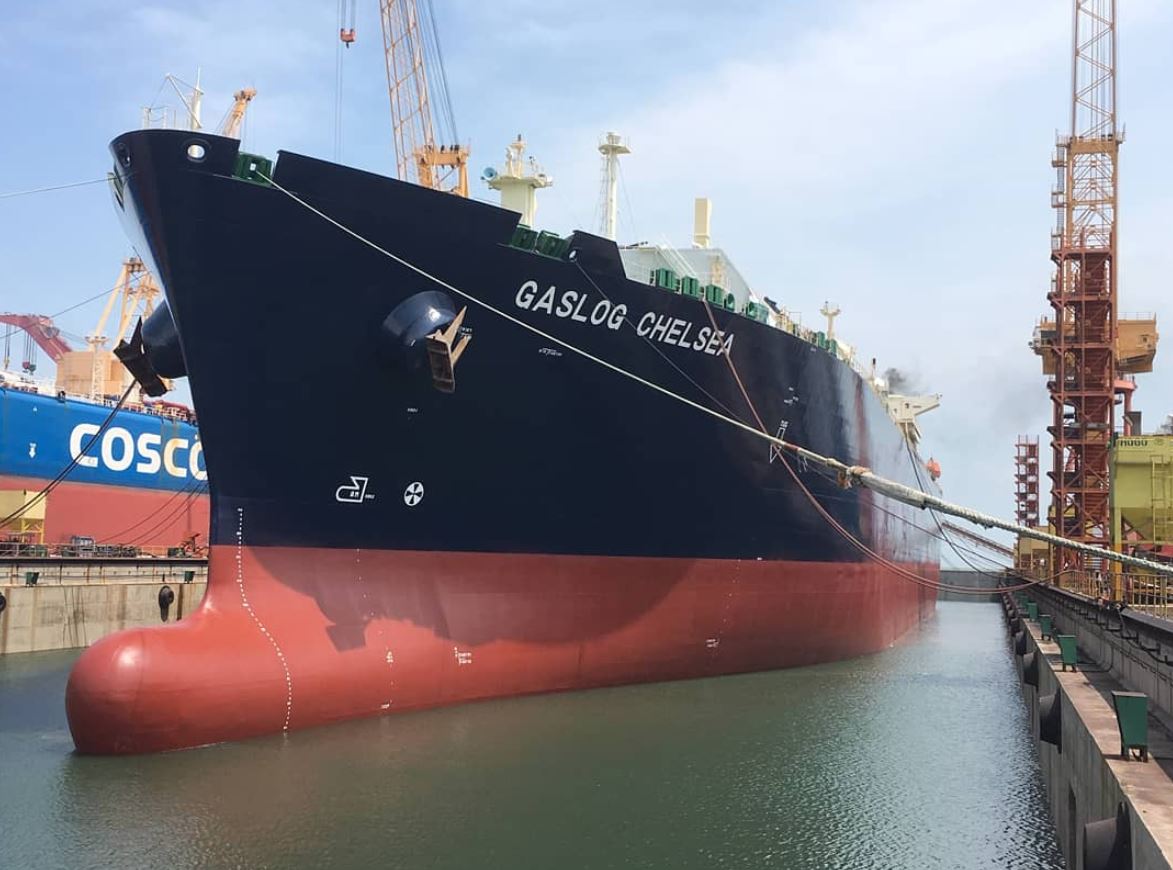Greek LNG import terminal developer Gastrade is planning to install a second floating storage and regasification unit (FSRU) offshore Alexandroupolis.
Gastrade’s shareholders Copelouzou, DESFA, DEPA, GasLog, and Bulgartransgaz recently took a final divestment decision on the first FSRU-based import project in Greece, but it seems that the JV has bigger ambitions than just one development.
The firm said in a statement on Tuesday it has submitted to the Regulatory Authority for Energy of Greece (RAE) an application for a new independent natural gas system (INGS) license.
According to the statement, the new project named “Thrace INGS” would consist of a 170,000-cbm FSRU located in the Thracian Sea, offshore Alexandroupolis.
Furthermore, the FSRU would be able to deliver up to a maximum of 22.7 million cubic meters per day or 5.5 bcm of natural gas per year, Gastrade said.
Besides the unit, the project would also include an offshore and onshore pipeline system that would connect the FSRU to the existing onshore gas transmission pipelines in the area.
“The project will enhance energy security and diversification of gas supply sources and routes in Greece and the entire region of Southeastern Europe and will materially reduce any risk for supply interruption,” Gastrade said.
The company did not provide any additional information.
First project to start in 2023
Gastrade is the first company in Greece that obtained an INGS license for the first FSRU-based Alexandroupolis import terminal.
This second project is similar to the first development.
Gastrade expects to launch the first terminal by the end of 2023, with the contracted regasification capacity already reaching up to 50 percent of its 5.5 bcm capacity.
Also, shareholder and LNG shipping firm GasLog recently told Singapore’s Keppel Offshore & Marine to proceed with the conversion of the 153,600-cbm LNG carrier GasLog Chelsea to an FSRU.
This vessel will serve the Alexandroupolis project.
Following completion of the conversion works, the FSRU will eventually be transferred to Gastrade while GasLog will operate and maintain the unit.
With this project, Greece will get its first FSRU and the second LNG import facility, adding to DESFA’s import terminal located on the island of Revithoussa.
In addition, Dioriga Gas, a unit of Motor Oil, is planning another FSRU-based import project in Greece’s Gulf of Corinth.

